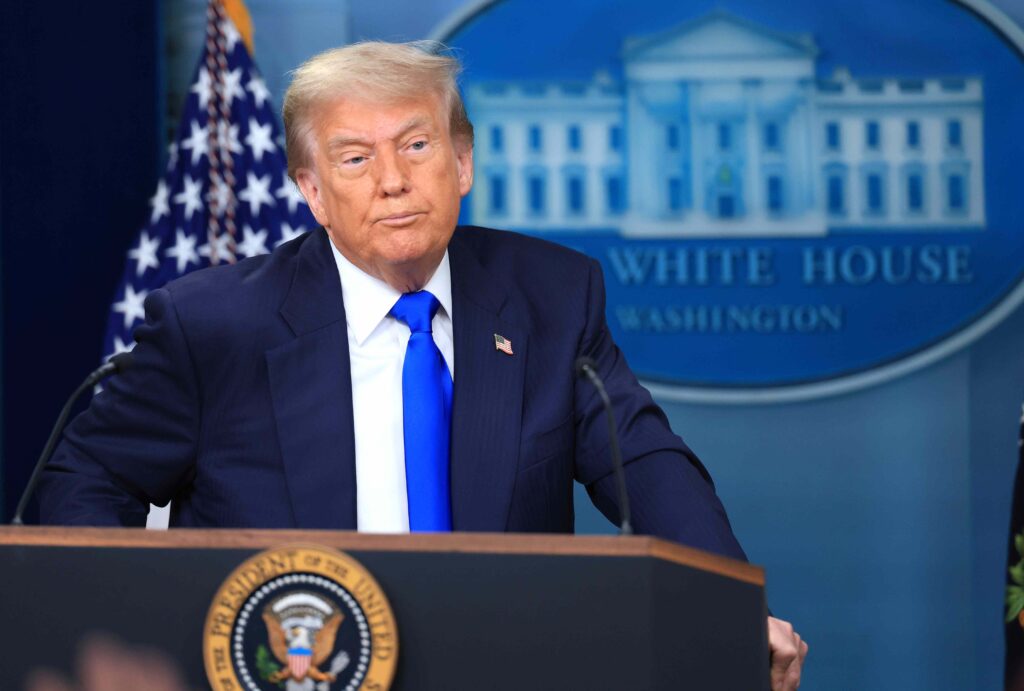Trump Unveils 30% Tariffs on EU and Mexico Effective August 1

U.S. President Donald Trump announced on July 29, 2023, that a new wave of 30% tariffs will be imposed on imports from Mexico and the European Union, effective from August 1. This decision marks a significant escalation in his ongoing trade conflict with these major trading partners, driven by concerns over the U.S. trade deficit.
In letters posted to his Truth Social platform, Trump attributed the tariffs to the U.S. trade imbalance with both regions. He emphasized that these new levies would not apply to goods produced within the United States by companies from Mexico or the EU. This exemption is intended to encourage domestic manufacturing and investment.
Details of the Tariff Announcement
In his communication with Ursula von der Leyen, President of the European Commission, Trump indicated that he would consider reducing tariffs if the EU provided “complete, open Market Access to the United States, with no Tariff being charged to us.” Similarly, in a letter to Mexican President Claudia Sheinbaum, he acknowledged Mexico’s efforts to assist in border security but stated, “what Mexico has done is not enough.” He further criticized the country for failing to curb cartel activities that threaten safety across North America.
A Trump administration official clarified that, similar to tariffs announced for Canada on the same day, goods from Mexico that comply with the U.S.-Mexico-Canada Agreement would be exempt from the new tariffs. The official also pointed out that no final decisions or documentation regarding these tariffs had been finalized.
Reactions and Implications
The announcement follows a turbulent week for U.S. trade policy, which saw Trump unveil additional tariffs, including a 35% duty on Canadian imports, also taking effect on August 1. The administration has indicated plans for tariffs on over 20 other countries and has implemented a 50% duty on copper imports.
In response to the tariff threats, von der Leyen noted that such duties could “disrupt essential transatlantic supply chains, to the detriment of businesses, consumers and patients on both sides of the Atlantic.” She affirmed the EU’s commitment to negotiating a resolution by August 1 but cautioned that the bloc would take “all necessary steps to safeguard EU interests, including the adoption of proportionate countermeasures if required.”
As the situation develops, the potential economic impact of these tariffs on both U.S. and international markets remains to be seen. The administration’s approach signals a continued emphasis on protectionist measures aimed at reshaping trade relationships and addressing perceived inequities in international commerce.






